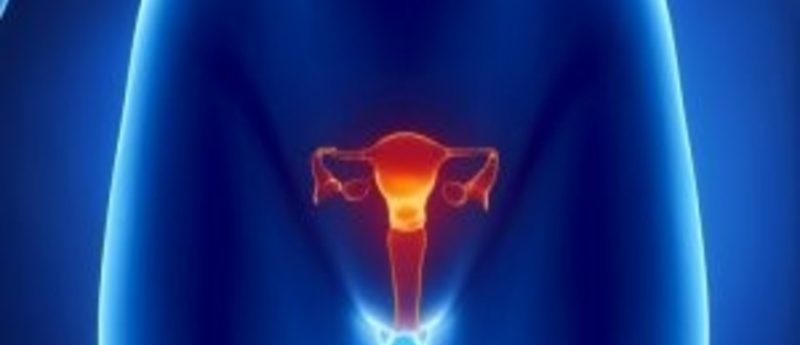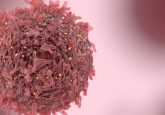Clinical trial reveals safe usage of olaparib tablet in ovarian cancer patients

Data from a Phase Ib clinical trial suggests that an oral tablet form of the PARP inhibitor olaparib is safe for use in pretreated ovarian cancer patients in combination with chemotherapy. The data, presented at the Marsh Rivkin Center for Ovarian Cancer Research-AACR 10th Biennial Ovarian Cancer Research Symposium (held 8–9 September, Seattle, WA, USA), also raised hopes that the treatment would have even greater efficacy in patients with BRCA mutations.
“This study is one of the first studies to use olaparib tablets instead of olaparib capsules,” commented Saul Rivkin, founder and chairman of the Marsha Rivkin Center for Ovarian Cancer Research, and research scientist at the Swedish Cancer Institute (both in Seattle, WA, USA).
The clinical trial aimed to identify the maximum tolerated dose of the olaparib tablets in conjunction with weekly metronomic carboplatin and paclitaxel in relapsed ovarian cancer patients. Rivkin reported: “This treatment regimen provided a response rate of 66 percent in heavily pretreated ovarian cancer patients. It was surprisingly tolerable with no grade 4 toxicities.”
The 4-week trial involved 14 heavily pretreated patients (defined as from three to eight prior therapies) with ovarian cancer, between the ages of 42 and 77. The participants were administered carboplatin and paclitaxel weekly, for the first three weeks, alongside increasing doses of olaparib.
The maximum tolerated dose of olaparib was discovered to be 150 mg twice daily for three consecutive days of each week of each cycle. Of the resultant 12 evaluable patients, 33% (4/12) had a complete response, 33% (4/12) had a partial response, 16% (2/12) had stable disease and 16% (2/12) displayed disease progression.
Interestingly, BRCA mutations were detected in the tumors of subsets of patients with each of the four responses. These included three of the participants with a complete response, three with a partial response and one each of the patients displaying stable disease and disease progression.
Other notable results from the trial described the prevailing grade 3 toxicities: lymphopenia, leucopenia, neutropenia and anemia. Additionally, there was no recorded evidence of renal, cardiac, dermatologic, gastrointestinal, hepatic or pulmonary toxicities in any patients with a toxicity grade above 2.
According to Rivkin, the importance of the work lies in the prognostic disparity between patients with advanced ovarian cancer and those with other cancers, for example breast cancer.
“Medical researchers are discovering and investigating new and innovative therapies for the treatment of ovarian cancer. We are constantly working toward improving the quality of life and survival for all ovarian cancer patients,” Rivkin added.
Plans for a Phase II extension of this treatment regimen are already in place, with hopes to recruit an additional 40 patients.
Source: The American Association for Cancer Research press release



